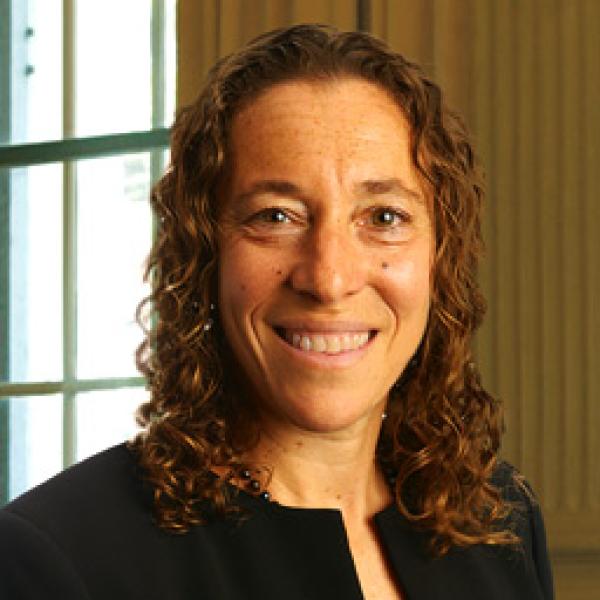Corporate Control, Dual Class, and the Limits of Judicial Review
Abstract
Companies with a dual-class structure have increasingly been involved in highprofile battles over the reallocation of control rights. Google, for instance, sought to entrench its founders’ control by recapitalizing from a dual-class into a triple-class structure. The CBS board, in contrast, attempted to dilute its controlling shareholder by distributing a voting stock dividend that would empower minority shareholders to block a merger it perceived to be harmful. These cases raise a fundamental question at the heart of corporate law: What is the proper judicial response to self-dealing claims regarding reallocations of corporate control rights?
This Article shows that the reallocation of control rights raises an inevitable tradeoff between investors’ protection from agency costs and the controller’s ability to pursue its idiosyncratic vision, making the value of different allocations of control rights both firm specific and individual specific. It is thus inherently impossible to create objective valuation models for the reallocation of control rights. The impossibility of creating reliable valuation models sets the limits of judicial review: The legal tools long used by Delaware courts to adjudicate conflicts over cashflow rights, such as entire fairness review, are fundamentally incompatible with the adjudication of conflicts over reallocations of control rights. This Article explores the policy implications of this insight and suggests that courts treat reallocations of control rights as questions of charter interpretation as to who has the power to decide such reallocations and avoid reviewing the discretion to use that power. Courts should enforce the decision of the parties as to reallocations of control rights and apply the business judgment rule when the charter is silent












